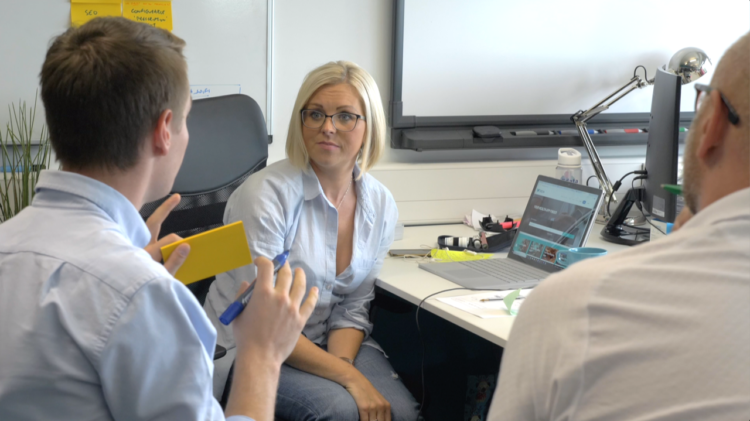Health apps may be bad for your health, city region experts warn
ORCHA, a health app evaluation business based at Sci-Tech Daresbury, looked at more than 5,000 health apps and found 85% do not meet an acceptable standard. Tony McDonough reports

A staggering 85% of health apps available for people to download on their mobile devices do meet minimum standards, a Liverpool city region study has found.
ORCHA, a leading health app evaluation and advisor organisation based at Sci-Tech Daresbury looked at more than 5,000 available health apps and reveal that just 15% met their vigorous review process.
Its experts looked at 260 factors of individual apps covering performance and compliance, including clinical effectiveness, user experience, and data security, to give them a score.
The score can then be used by governments and health and social care organisations to choose and deliver health apps that safely make the biggest impact in terms of improving clinical outcomes.
In particular they found that 75% of apps aimed at people with concerns over blood pressure and 85% of femtech and pregnancy apps failed to meet an acceptable quality threshold.
Liz Ashall-Payne, chief executive of ORCHA, said, “We believe that digital health apps are one of the most important tools available to help tackle health issues in an aging population that’s facing more complex, long-term problems.
“Our goal is to support the organisations that look after us to empower them with information about which apps can create a difference.
“The fact that only 15% of apps that we review meet the minimum standards show there is a desperate need to regularly and properly assess the apps available to ensure that people are protected against the serious risks associated with downloading ineffective or even harmful apps.”

ORCHA was founded in 2015 and is one of Liverpool city region’s fastest-growing tech businesses, providing services for health organisations in five countries. Their recent growth, facilitated by the Local Growth Hub, has meant that they have grown from seven employees to more then 30 and have opened offices in both London and Utrecht, Holland.
Further support from the Local Growth Hub through the Health Innovation Exchange, has seen ORCHA awarded €30,000 following a successful application to The European Bridgehead programme.
The business is now pushing into new territories including the Netherlands, and more recently, the Local Growth Hub and Health Innovation Exchange have assisted ORCHA in implementing a Sustainability and Transformation Plan with Cheshire and Merseyside hospitals.

